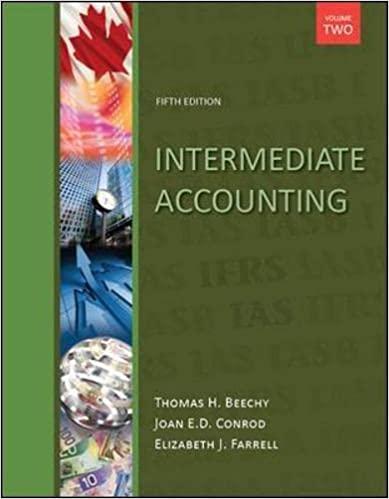Question
Evidence Versus Stakeholder Interests in Rule Making Prelicensure nursing education in the United States is tightly regulated by BONs. Nursing education regulations include curriculum requirements
Evidence Versus Stakeholder Interests in Rule Making
Prelicensure nursing education in the United States is tightly regulated by BONs. Nursing education regulations include curriculum requirements and typically include provisions regarding what must be included in classroom instruction, in laboratory/simulation, and in clinical experience. "Clinical" generally refers to those faculty-supervised experiences that occur in authentic patient settings with persons who need nursing care. Some BONs specify minimum numbers of hours of clinical experience; some do not. Prelicensure nursing education rules do not directly affect APRNs; however, their indirect effect can be substantial. APRNs may serve in administrative leadership roles or oversee the care of patients in healthcare organizations where graduates of programs will hold future employment.
One BON was approached by rural-area nursing educator stakeholders, who had encountered difficulties in securing clinical experiences for students in obstetrics, newborn care, and pediatrics. The BON asked its education advisory committee to discuss the matter. The committee made a recommendation, based on a simulation study conducted by NCSBN, that as many as 100% of clinical experiences in those areas could be replaced by high-, mid-, or low-fidelity simulation in a skills laboratory setting.
The BON heard testimony at its rules hearing from proponents, primarily representatives from the nursing education programs having difficulty finding the experiences for students. Testifying in opposition were individuals representing several nursing organizations, including the deans and directors of baccalaureate and higher-degree nursing education programs, an organization representing all chief nursing officers in the state, the state nurses association, and the state pediatric nurses association. Proponents verified difficulty in obtaining clinical experiences for students and cited their rationale for substituting simulation for authentic clinical experiences. Opponents noted the findings of the NCSBN study that indicated a maximum of 50% of clinical experiences could be replaced with simulation and spoke to qualitative differences between authentic clinical experiences and simulation. The individual representing chief nursing officers offered to work with nursing programs to facilitate procurement of clinical experiences.
Following deliberation, the BON determined to file the rule as proposed, allowing substitution of up to 100% of clinical experience in the three specialties (obstetrics, neonatal, pediatrics) with simulation.
- Which additional questions would you want answered about the methodology and detailed findings from the NCSBN simulation study?
- Who were the stakeholders? Which specific arguments can you anticipate stakeholders on both the proponent and the opponent sides made for or against the rule change, respectively?
Step by Step Solution
There are 3 Steps involved in it
Step: 1

Get Instant Access to Expert-Tailored Solutions
See step-by-step solutions with expert insights and AI powered tools for academic success
Step: 2

Step: 3

Ace Your Homework with AI
Get the answers you need in no time with our AI-driven, step-by-step assistance
Get Started


